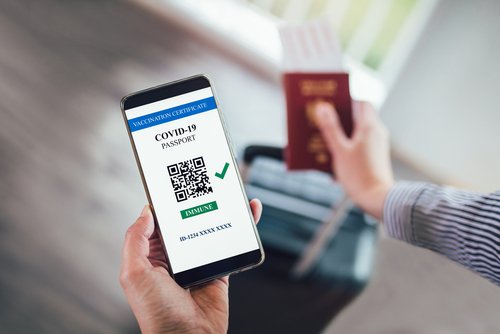Brussels (Brussels Morning) As a result of the recent Covid outbreak, the Netherlands has put in place a strict lockdown. As of mid-July, there have been nearly two million cases and 19,273 confirmed deaths in the Netherlands. Fortunately, the majority of the population is fully protected against the virus, with 72% fully vaccinated. This article will explain how the restrictions are implemented and what it means for you.
The Netherlands is not currently on a state of emergency, but it has issued a nationwide lockdown until 14 January 2022. As of that date, all travelers are required to have a negative test result. Currently, only the Maldives and Sri Lanka are considered high risk, but these countries do not require mandatory quarantine. Therefore, travelers will not be subject to any type of quarantine if they visit either country.
Travelers from the EU or Schengen area are exempted from the travel ban. They must present valid proof of vaccination, which may be written or digital, a QR code, or displayed on a government app. In addition, those from other high-risk areas are not allowed to enter the Netherlands. Those who are exempted from the travel ban must present a health declaration form.
For passengers from a country with a “very high risk” for COVID infection, the Netherlands reversed its decision to impose a 10-day quarantine on those with a positive PCR test and proof of recovery. Vaccination is not required for those entering the Netherlands, but it does require a negative PCR test. The government is considering requiring that those in the hospitality industry submit these passes before boarding a flight.
Vaccination against COVID is now mandatory for all travelers from the U.S. and EU countries. Those arriving from the U.S. must submit a negative PCR test within 24 hours. The government is considering mandating a negative test for those working in the hospitality industry. Despite these measures, the Netherlands remains open to visitors who are fully vaccinated. They must show a negative Covid-19 test result before they can enter the country.
People who are under the age of 12 must have a negative COVID-19 test result in order to travel to the Netherlands. Those who are not vaccinated or whose PCR results are negative are also exempted from these restrictions. Those who do not have a negative COVID test must quarantine themselves for 72 hours. After this, they must show their CDC-issued passport or valid biometrics.
The Netherlands will relax its COVID 19 restrictions this year. Gyms and sex workers will be allowed to reopen. Only non-essential stores will remain closed until the end of January. If you are traveling from a country with a dangerous COVID virus, you must take a negative PCR test in order to travel to the Netherlands. After that, you must self-isolate for 10 days in the Netherlands.




